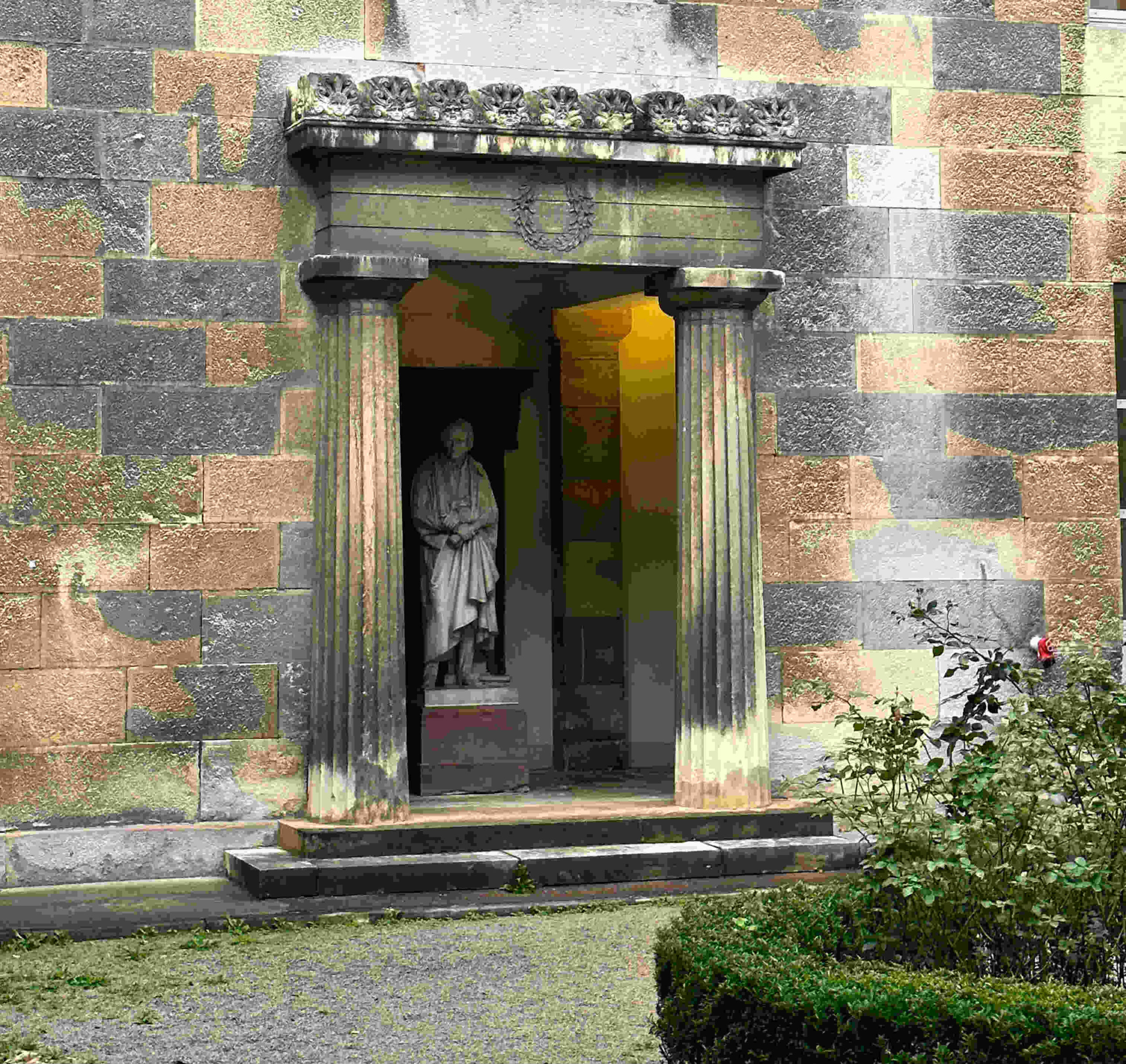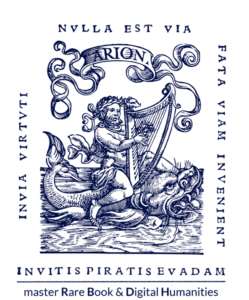As a student with previous experience in the field of literature, embarking on this journey, two crucial elements in Digital Humanities struck me, and I’ll be discussing them in this blog post. Firstly, the way Digital Humanities transforms and shapes humanities studies is fascinating to me. Digital Humanities, intertwined with technology in the evolution of humanities, resonates with me as a natural progression. Just as humanities serve as a means to preserve the human mind, culture, history, psychology, and memory, Digital Humanities offers an alternative path to achieve these goals. It is a feasible way of collecting and analyzing larger datasets, presenting research and works in digital environment for a lager audience; it is almost an aid for the times when the traditional ways of humanities fall short to achieve the goals of a humanity scholar.
Moreover, the second aspect that pleasantly surprised me about studying in a Digital Humanities department is its reliance on a group to accomplish projects. The group projects and workshops I have attended have transformed the solitary image of a humanities scholar working in isolation within my mind. Instead, they have made the field more collaborative and dynamic, where scholars from diverse backgrounds come together, work together, and collectively generate projects. For me, the refreshing shift from the traditional solitary approach to a more interactive and communal one is most exciting and definitive aspect of Digital Humanities.


